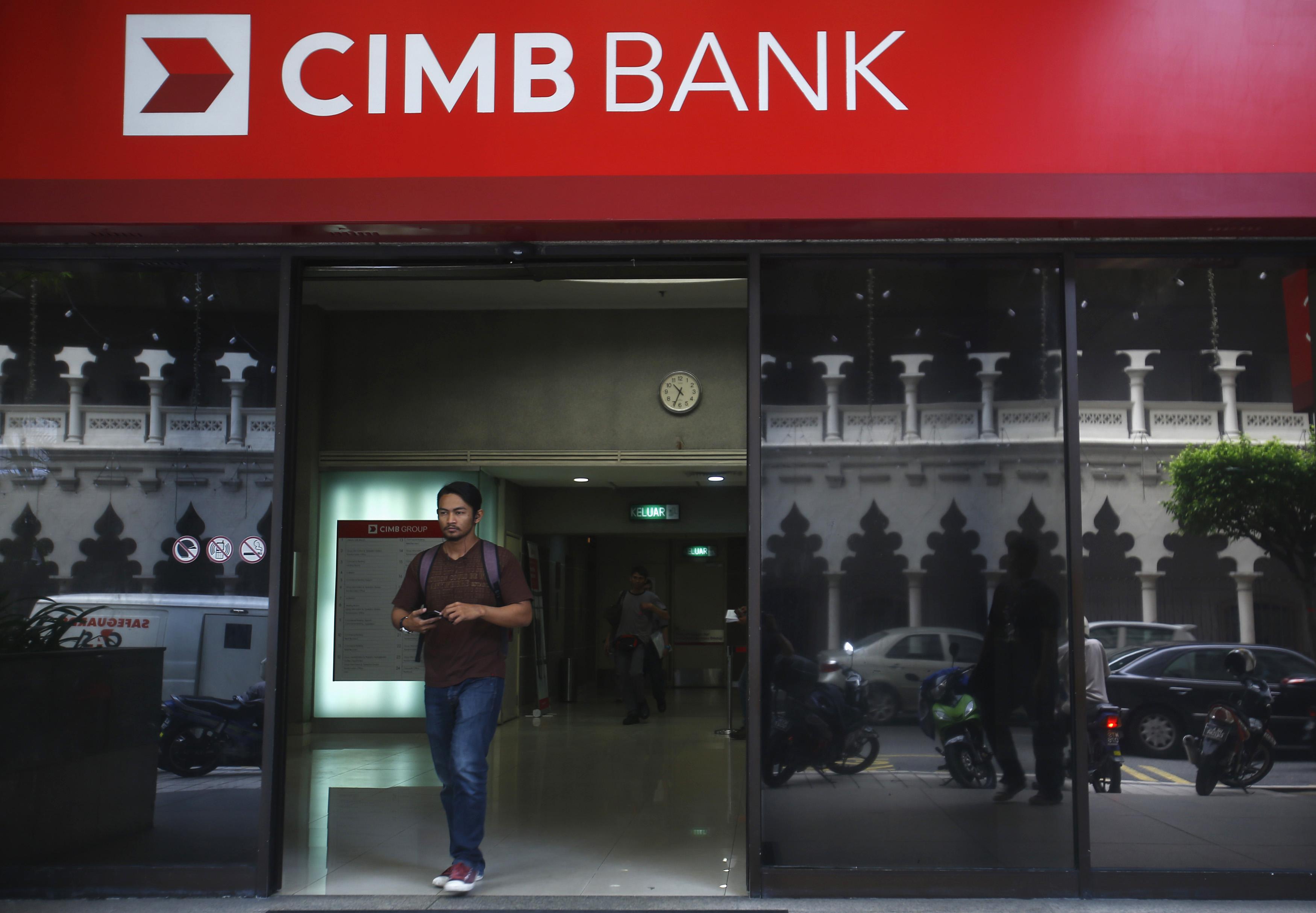Indonesia Lawmakers Consider More Curbs on Bank Stakes Held
Bareksa • 21 Jul 2014

A man walks out of a CIMB Bank in Kuala Lumpur. (REUTERS/Samsul Said)
The banking bill follows a wave of nationalist policies in the oil and mining sectors imposed by the outgoing government
Bareksa.com - Indonesian lawmakers are considering a bill that will force foreign banks to sell down majority stakes in local lenders, which, if approved, would drive away the foreign capital needed to further develop the country's financial services sector.
The proposed restrictions would reduce the appeal of Indonesian banks for foreign investors as other Southeast Asian nations such as the Philippines and Thailand loosen foreign ownership rules in preparation for the region's economic integration.
The multi-party parliamentary commission overseeing banking and finance in Southeast Asia's largest economy is considering a bill that would make foreign banks sell down holdings in Indonesian banks to a maximum of 40 percent within a decade, deputy commission chairman Harry Azhar Azis told Reuters.
The central bank has since 2012 limited foreign banks' holdings in local lenders to a maximum of 40 percent. Foreign banks that own controlling stakes in Indonesian lenders include Malaysia's Malayan Banking Bhd, CIMB Group Holdings Bhd, and HSBC Holdings PLC.
The proposed bill also calls for investments by foreign banks to be evaluated according to "reciprocity" or whether Indonesian banks can have similar market access to these banks' home countries.
It also calls for foreign banks to be locally incorporated, which will force them to ring-fence a pool of capital in Indonesia to protect customers from losses if the lender runs into trouble overseas.
"We will push this," commission member Maruarar Sirait told Reuters. "It's good to limit foreign ownership of a bank to 40 percent so we can have at least 60 percent," he added.
The banking bill follows a wave of nationalist policies in the oil and mining sectors imposed by the outgoing government. These policies have diminished the economic appeal of the world's fourth most populous country for foreign investors.
The current parliament, which will remain seated until October, would have to finalise the draft bill first before it is proposed to the government, and president. A new president, and government, will also take office in October.
Both presidential candidates, Joko "Jokowi" Widodo and Prabowo Subianto, have expressed support for nationalist policies in the banking sector, but Jokowo is seen as being less extreme.
Arif Budimanta, an economic advisor to Jokowi, told Reuters local banks still need foreign capital to develop and Jokowi will push for consolidation in the sector.
Analysts agree. "There is still the need for further investment and consolidation, which realistically will only come from foreign investors," said Jake Robson, Singapore-based partner at law firm Morrison & Foerster LLP.
Indonesia's banking sector is seen as attractive as it offers strong margins and double-digit annual loans growth.
Alvin Pattisahusiwa, a director at PT Manulife Aset Manajemen Indonesia, said that despite a slowing economy, Indonesian bank earnings could grow by about 10 percent compared with a regional average of 3 percent.
The proposed bill, however, adds to the regulatory uncertainty for foreign investors in the financial sector.
Failure to secure regulatory approval had forced Malaysia's RHB Capital Bhd to cancel its plan to buy a stake in Indonesia's PT Bank Mestika Dharma. Last year, Singapore's DBS Group Holdings Ltd also dropped a proposed $7.2 billion takeover of PT Bank Danamon Indonesia Tbk.
Muliaman Hadad, a top official from Indonesia's financial services regulator, said earlier this month the regulator will be more strict on foreign acquisitions of banks and will prioritize agreements based on market access to other countries. (Source : Reuters)